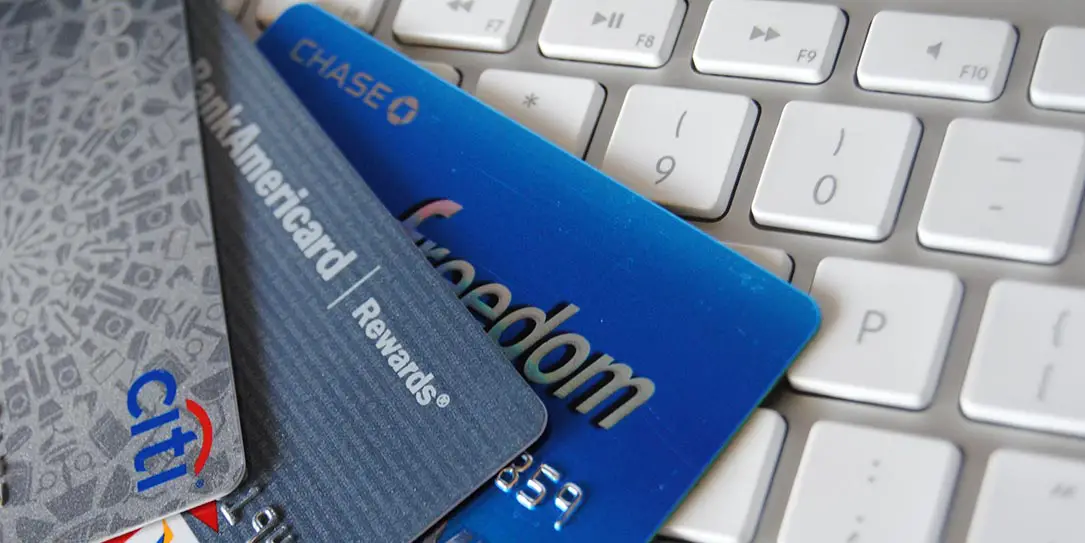Not a week, and sometimes not a day, goes by without you hearing about some sort of data breach that may have compromised consumer’s credit cards and other online information. With Black Friday, Cyber Monday, and the Christmas season almost upon us, Joe Stewart, director of malware research for Dell SecureWorks, has put together a few tips on how you can shop safe online. These tips are great for any time of the year, not just for the busy holiday season so be sure to keep these tips in mind any time you shop online.
- Make sure your computer’s anti-virus and malware detection software is patched and up to date. Also, keep your browser and browser plug-ins (document viewers, music and video players and rich content applications), patched and up to date.
- Type the web address of your favorite shopping websites into your browser. “Online ads and emails may direct you to bogus sites designed by cyber criminals to extract personal information.”
- When making online purchases, look for HTTPS in the URL window. The extra “S” after HTTP lets you know the website provides a layer of security.
- Watch for websites, online ads or unsolicited emails with free offers or big discounts. “Also, be sure NOT to click on the links or attachments, which could infect your computer with malicious software.”
- Make online purchases using a credit card with a small credit limit. This limits your potential exposure.
- Be wary of holiday greetings, news and pictures, with links or attachments. Verify first that the correspondent sent you the email. “Your friends could have had their email address book hijacked by hackers.”
- Never respond to emails from your bank or any financial institution that ask for updated information. “Financial institutions rarely ask customers to update information via email, and they never ask you to disclose sensitive information via email.”
- Avoid using weak or default passwords for any online site. Use a different password for each site; store your passwords securely and auto-generate new, strong passwords with a passport management tool like LastPass or KeePass.
- When possible, use a computer dedicated solely for accessing financial accounts, online purchases and paying bills. “This computer should not be used for surfing the Web or for emailing, the primary vectors for infecting your computer.”
- If possible, it is recommended that users not jailbreak their device and avoid using third-party app stores.
Do you have any other extra tips for for safe online shopping? Let us know in the comments below, or on Google+, Twitter, or Facebook.
Last Updated on November 27, 2018.










